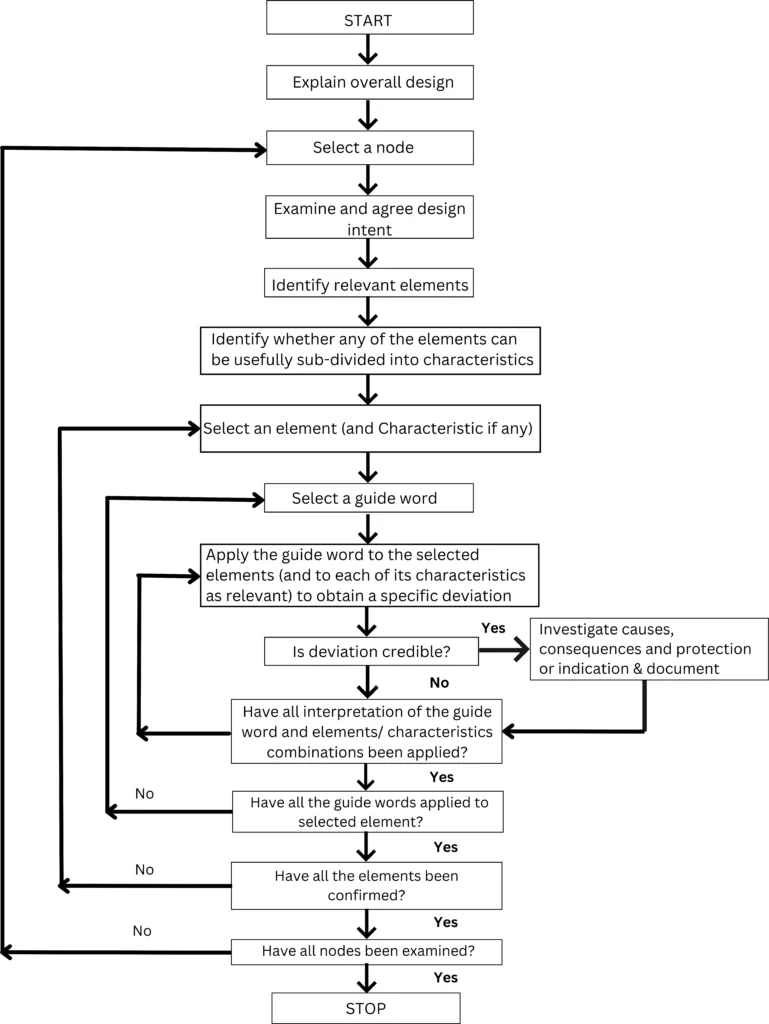The Hazard and Operability (HAZOP) study for the Manmad Terminal has been awarded to iFluids Engineering by IOCL.. The study identifies the methodology and results proposed by iFluids Engineering that has been acknowledged by IOCL for completion of the HAZOP study.
M/s. IOCL, Terminal, Manmad intended to conduct HAZOP study for their Receiving, storing and dispatching MS & HSD to fulfill the requirement for domestic as well as commercial purpose. The Terminal has storage facilities of Ethanol and Bio-Diesel for blending purposes. The Terminal receives Petroleum, Oil, and Lubricant product through Petroleum Product Pipeline coming from BPCL terminal and also proposed to receive Petroleum, Oil, and Lubricant product from IOCL pipeline division for storage.
The principal objective of HAZOP research is risk management through hazard identification, likelihood estimation, and assessment of possible mitigation strategies for people, property, environment, and plants.
The Objective of HAZOP follows,
- Identify the Hazards in the facility
- Determine the cause that will probably result in consequences or an accident at the site.
- If necessary, offer recommendations in order to reduce the risks present in the establishment.
- Every now and again, HAZOP finds things that could enhance facility efficiency and unit operations..
HAZOP METHODOLOGY

CHALLENGES DURING HAZOP
Especially for large, complex, or dynamic systems or processes, the time and resource requirements of HAZOP provide a major challenge. Creating scenarios, gathering and analysing data, assessing risks, and formulating recommendations all take a lot of time and work from a diverse team of professionals in HAZOP. To make matters more complicated and labour-intensive, HAZOP also requires a lot of documentation and communication. A HAZOP may take a few weeks, months, or even years to complete, depending on the size and complexity of the system or procedure.
RECOMMENDATIONS
It is recommended that specific task groups receive suggestions, which should be communicated using language that is action-based (e.g., check, deliver, consider, assure, and review). Recommendations were not proposed in instance where the HAZOP team believed that the existing safeguards were adequate to manage the potential risks identified to acceptable levels.
